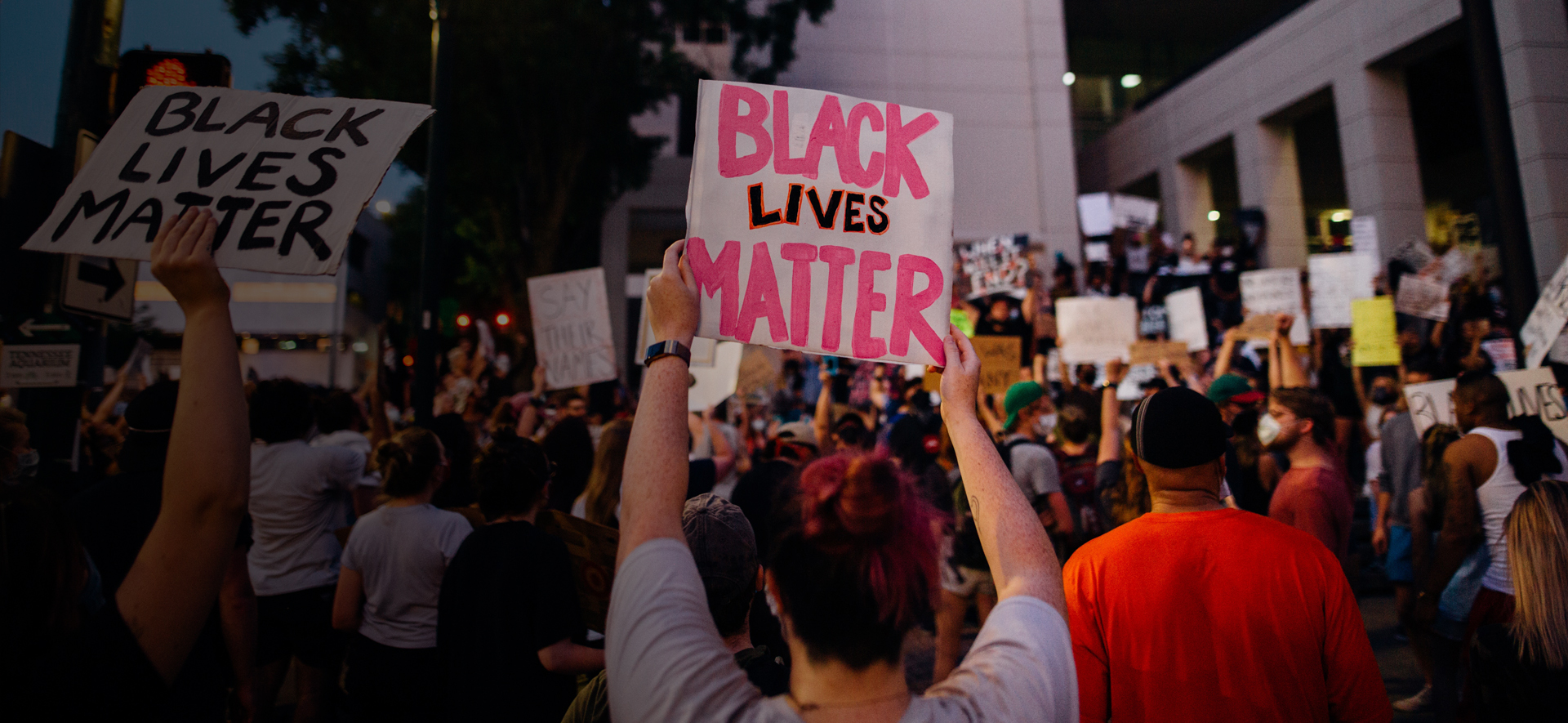CIVIL RIGHTS
LITIGATION
REPRESENTATIVE CIVIL RIGHTS MATTERS
"INMATE
LOOKUP TOOL"
VIOLATES
CIVIL RIGHTS

TAHA V. BUCKS COUNTY Attorneys from Kohn Swift brought a civil rights class action against Bucks County, Pennsylvania for illegally disseminating mugshots and other identifying information on an “inmate lookup tool” located on Bucks County’s website from 2011-2013. The lawsuit resulted in a jury verdict for plaintiffs after a 5-day trial. The case ultimately settled with up to 68,000 class members receiving $600 each.
STANDING UP
FOR PEACEFUL
PROTESTORS
Lawsuit Filed Against
Philadelphia Police
for Excessive Force

ZOLITOR V. PHILADELPHIA Kohn Swift attorneys filed a civil rights lawsuit on behalf of protesters who were tear gassed by the Philadelphia Police during the 2020 Black Lives Matter protests. Plaintiffs allege that the City of Philadelphia unlawfully directed the Philadelphia Police and SWAT team members to violently disperse peaceful demonstrators with pepper spray, tear gas, pepper spray pellets and bean bags.
"COURTESY TOW"
PROGRAM
VIOLATES
CIVIL RIGHTS

EASTMAN V. PHILADELPHIA Kohn Swift attorneys filed a civil rights class action lawsuit on behalf of persons affected by Philadelphia’s “courtesy tow” program, who had their legally parked car towed to another spot in the City without being provided any notice.
WHAT ARE CIVIL RIGHTS?
Civil rights are basic human rights guaranteed by the U.S. Constitution, and expanded by statutes, regulations, and judicial interpretation over time.
Civil rights laws include the Bill of Rights, the Civil Rights Act of 1964, the Voting Rights Act of 1965, the Americans with Disabilities Act, and the Civil Rights Act of 1991. States have their own civil rights laws, in addition to the federal laws. Published court opinions by state and federal courts are another important source of civil rights law.
Examples of civil rights include the right to be free from discrimination based on race, religion, national origin, age, sex, and disability; the right to be free from unreasonable search and seizure and other overly intrusive conduct by the government without due process of law.
When a person’s civil rights are violated, they may be able to bring a claim seeking monetary damages and/or an injunction.




